NOTE: Paul Boyne's allegations are just that—claims that have not been substantiated in a court of law. Former Connecticut Supreme Court Justice Joette Katz has not publicly responded to these allegations. The content herein is a report on the ongoing legal proceedings and Boyne’s claims.
By Richard Luthmann
In a recent ruling, Federal Judge Kari A. Dooley denied Paul Boyne’s motion to apply the landmark Supreme Court case Dombrowski v. Pfister to his ongoing prosecution in Connecticut. Boyne, a controversial blogger known for his scathing critiques of the Connecticut family court system on his website TheFamilyCourtCircus.com, is facing charges for allegedly making "true threats" against state judges. He contends that his prosecution is a bad-faith effort to silence his First Amendment rights.
Judge Dooley's decision was concise and firm. She ruled that Boyne failed to demonstrate the "special circumstances" required under Dombrowski to warrant federal intervention in a state prosecution. According to the Memorandum of Decision, Judge Dooley stated:
"Petitioner has failed to identify controlling decisions or data that might reasonably be expected to alter the conclusion reached by the court... As Petitioner has failed to make such a showing, the motion is denied."
Dooley relied heavily on the principles of Younger v. Harris. This doctrine generally prohibits federal courts from intervening in ongoing state prosecutions unless there is evidence of bad faith, harassment, or extraordinary circumstances.
She also noted that Boyne had “ample opportunity” to raise his constitutional claims within the state court system.
Boyne's Struggle for Due Process: "I Have a Right to Make My Case"
However, Boyne argues that Judge Dooley's decision overlooks critical new evidence that could drastically change the trajectory of his case. Representing himself pro se from prison, Boyne alleges that an email dated April 19, 2022, directly links former Connecticut Supreme Court Justice Joette Katz to his prosecution.
"They set up a computer for my competency hearing. They could just as easily have a Zoom call with the federal court so I can make my record," Boyne said.
He emphasizes that his inability to present this evidence violates his right to due process. Boyne says he intends to resubmit the email to Judge Dooley and ask for a hearing to properly allege special circumstances and bad faith on the part of the Connecticut prosecution.
While incarcerated, Boyne has no access to legal counsel, a law library, word processing programs, or printing and photocopying facilities. These limitations have made it nearly impossible for him to submit the alleged email or supporting documents to the court. As a result, Judge Dooley has not reviewed this potentially pivotal piece of evidence, and Boyne's claims have been dismissed without a hearing.
The Alleged Email: A Bombshell Linking Katz to the Prosecution
According to Boyne, the April 19, 2022, email involves multiple law enforcement officials, including Detective Samantha McCord, Assistant State's Attorney Brian Staines, Attorney Yuri Min, and Judicial Branch Court Operations Director Carl Chichetti. The email reportedly contains the note, "Katz Speak to Only," suggesting that Joette Katz was directing communications or strategy related to Boyne's prosecution.
"If Katz is running this show, it's a bombshell," Boyne stated. "This would qualify as bad faith and special circumstances under Dombrowski. The federal court needs to revisit this because it's not just about me—it's about the First Amendment."
Boyne claims that Katz and company were also involved in the disbarment of attorney Nickola Cunha, and the April 19, 2022, email proves it.
Like Boyne, Cunha previously alleged that the Connecticut courts were controlled by a vast Jewish conspiracy—a claim that included Katz. When pressed for evidence by Judge Thomas Moukawsher at a hearing, Cunha could not substantiate her allegations and was subsequently disbarred.
Boyne draws connections between his case and Cunha's, suggesting a “crackdown unit” with a pattern of silencing certain critics through legal means. He questions whether New Haven’s Connecticut State Attorney John P. Doyle and his office know about Katz's alleged involvement in his prosecution.
"Are they turning a blind eye, or are they complicit?" Boyne asked. "Either scenario is big trouble for Jack Doyle."
Boyne alleges that Katz, despite no longer being a judge or prosecutor at the time, has been orchestrating his case from behind the scenes. He believes this involvement is a direct attempt to suppress his constitutionally protected speech, thus meeting the criteria for federal intervention under Dombrowski v. Pfister, which allows such intervention when state prosecutions are conducted in bad faith to chill First Amendment rights.
Katz's Public Stance: A History of Condemning Boyne's Blog
Joette Katz's position on Boyne's blog is well-documented.
In a January 2022 article for the Connecticut Law Tribune, she wrote about a blog—widely understood to be Boyne's—stating that it had escalated from "vile, disgusting anti-Semitic, anti-gay, anti-Black rants to actual threats of violence and death."
Katz further emphasized the dangers of such rhetoric:
"While I know that it's not always easy to draw the line between a true threat and a statement that's simply alarming because of its violent and offensive language, I feel confident in stating that the threats made in the blog cross the line and are dangerous."
At a 2022 Anti-Defamation League symposium, Katz spoke about using legal tools to combat hate speech, even when direct convictions are challenging to secure. Boyne believes that Katz's public advocacy aligns with her alleged private efforts to influence his “silencing” prosecution, thus infringing upon his First Amendment and Due Process rights.
Due Process Concerns: Limited Access and Lack of Representation
Boyne's inability to present his evidence raises significant due process concerns. He struggles to navigate the complex legal system without access to legal resources or representation. He cannot effectively file key documents or motions, and his hearing requests have been denied.
"Justice isn't being served if I can't even present my evidence," Boyne lamented. "I'm up against a system that's stacked against me."
Judge Dooley, a former Supervisory Assistant U.S. Attorney, has been criticized for summarily dismissing Boyne's claims without a hearing. Critics argue that her prosecutorial background may influence her handling of cases involving alleged governmental overreach or misconduct.
The Stakes: Implications for the First Amendment
If substantiated, Katz's potential involvement could have far-reaching implications. Boyne asserts that her alleged behind-the-scenes role constitutes the "bad faith and special circumstances" necessary to invoke Dombrowski. This could impact his case and set a precedent for how courts handle allegations of governmental interference in free speech.
"The question remains: Did Joette Katz cross a line that could unravel the prosecution against Paul Boyne?" a Connecticut attorney commented on conditions of anonymity for fear of retaliation. "If so, the federal court may have no choice but to take a closer look and grant the subpoenas Boyne requests."
Boyne's Next Steps: Pushing for a Hearing and Subpoenas
Boyne says he will now push for a Zoom hearing to present his evidence. He also requests subpoenas for Katz and the officials mentioned in the email to testify about their roles in his prosecution.
"If they can set up a Zoom call for my B.S. ‘competency hearing,’ they can do it for this," Boyne argued. "I have a right to make my case."
He believes that if Judge Dooley were to consider all the evidence—including the alleged email—the prosecution against him would be dismissed under Dombrowski. He maintains that the charges are "laden with misconduct and are premised upon censorship."
Conclusion: A Call for Judicial Scrutiny
The federal court's refusal to hear Boyne's evidence raises critical questions about due process and the suppression of free speech. If his allegations regarding Katz's involvement hold merit, it could expose significant misconduct within the Connecticut judicial system.
"The stakes are high—not just for me, but for free speech across the country," Boyne emphasized. "This isn't just a legal battle; it's a fight for constitutional rights."
Legal experts and civil liberties advocates are watching closely. The case highlights the delicate balance between addressing hate speech and protecting free speech—a core tenet of American democracy.
"Boyne deserves his opportunity," the Connecticut attorney concluded. "Whether you agree with his views or not, the principles of justice demand that his evidence be heard."


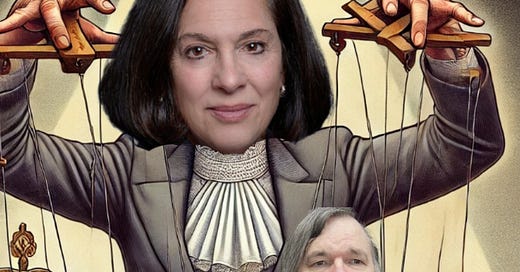


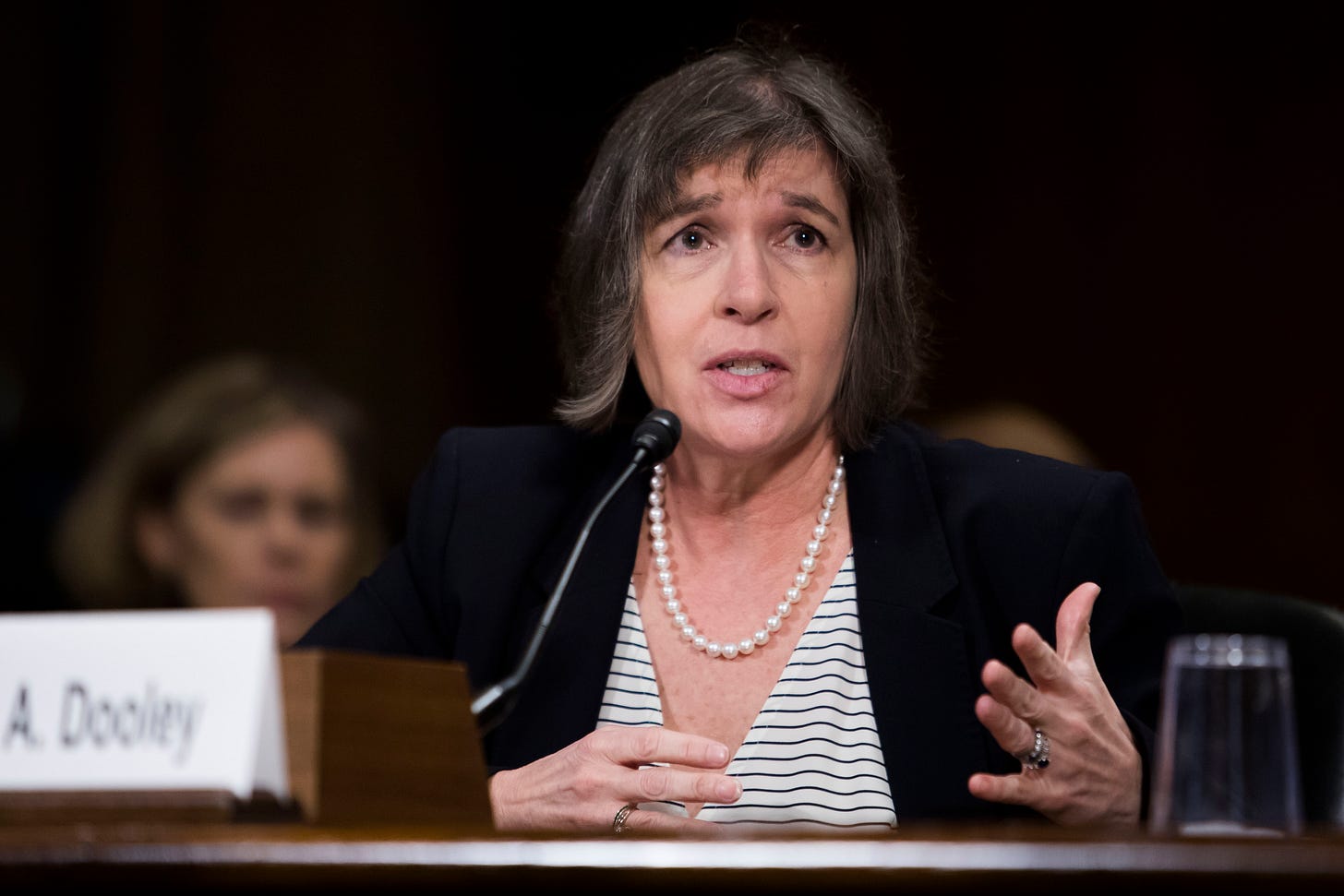
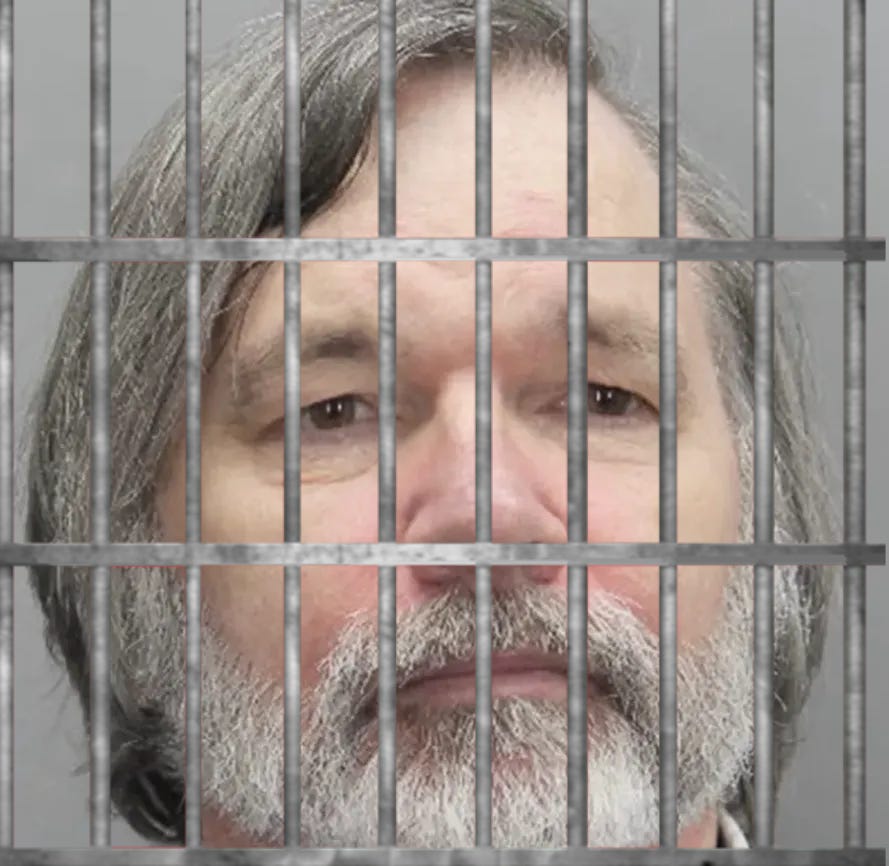
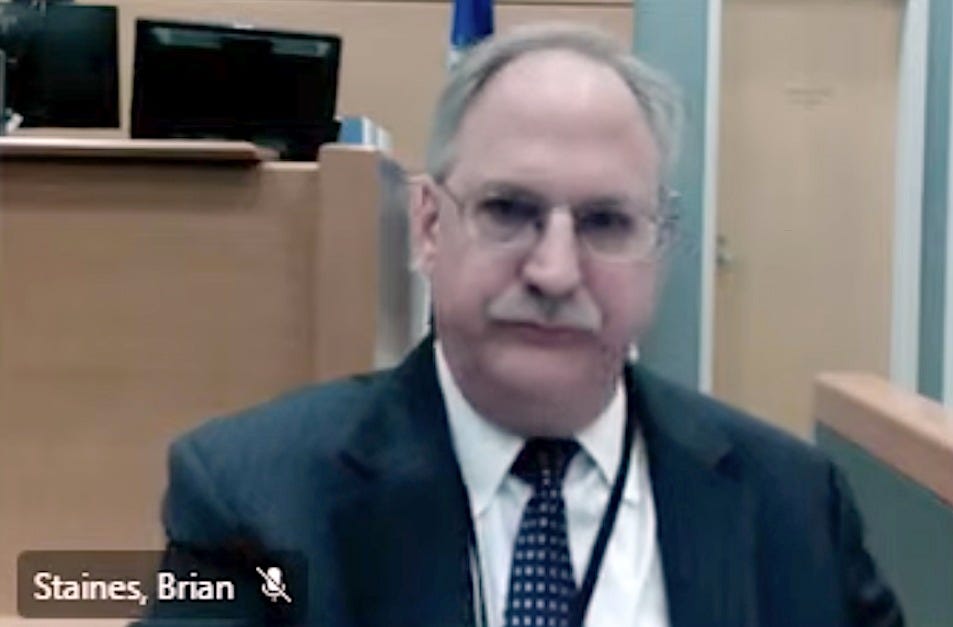


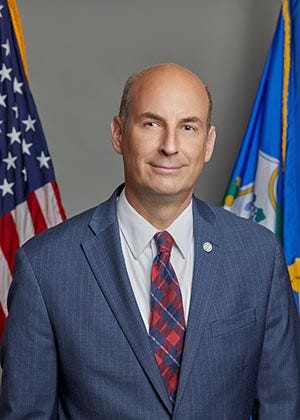

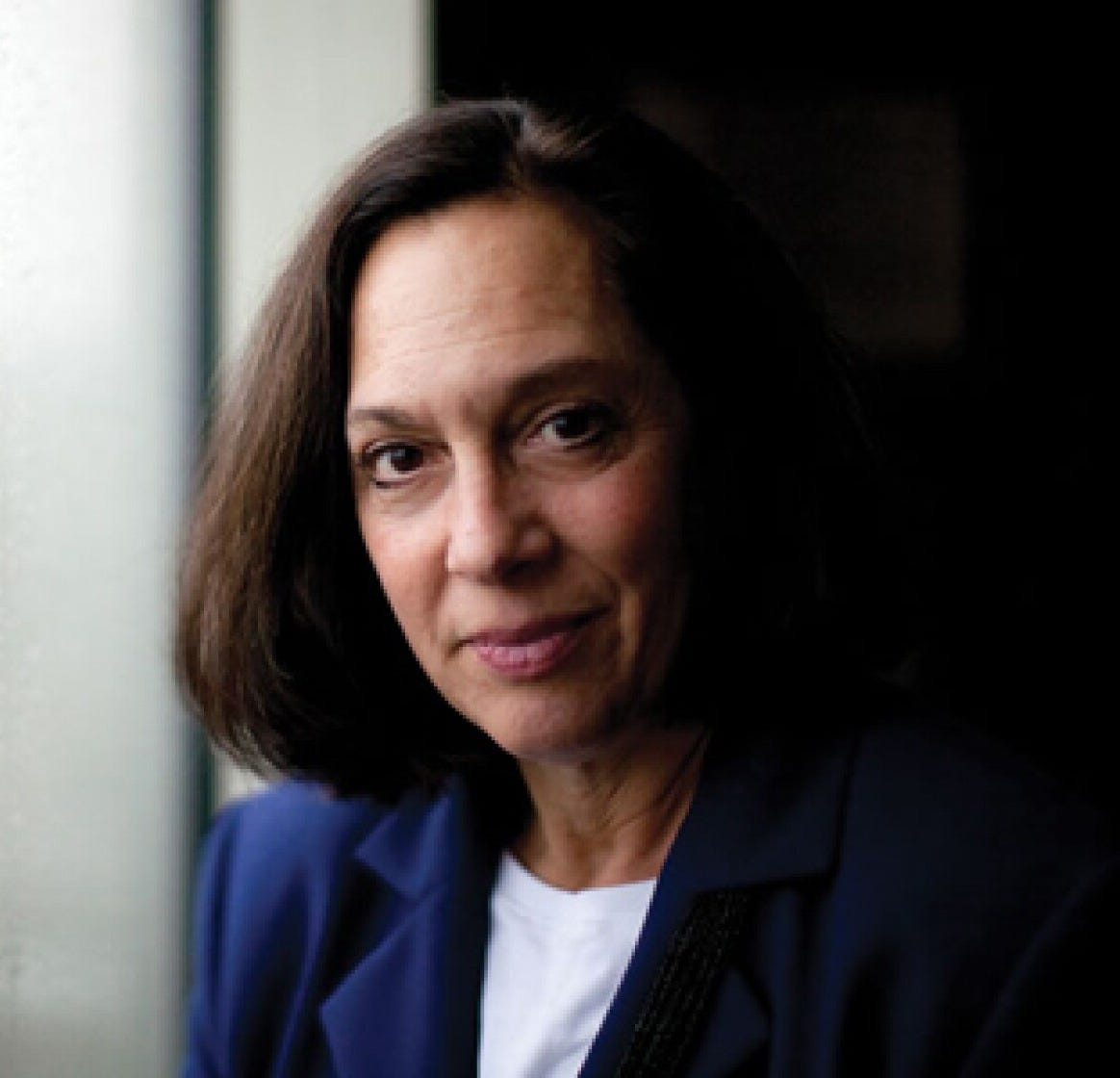


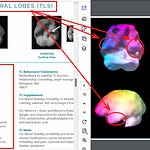

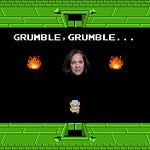

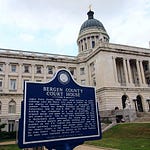
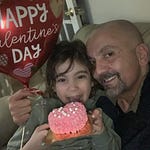


Share this post